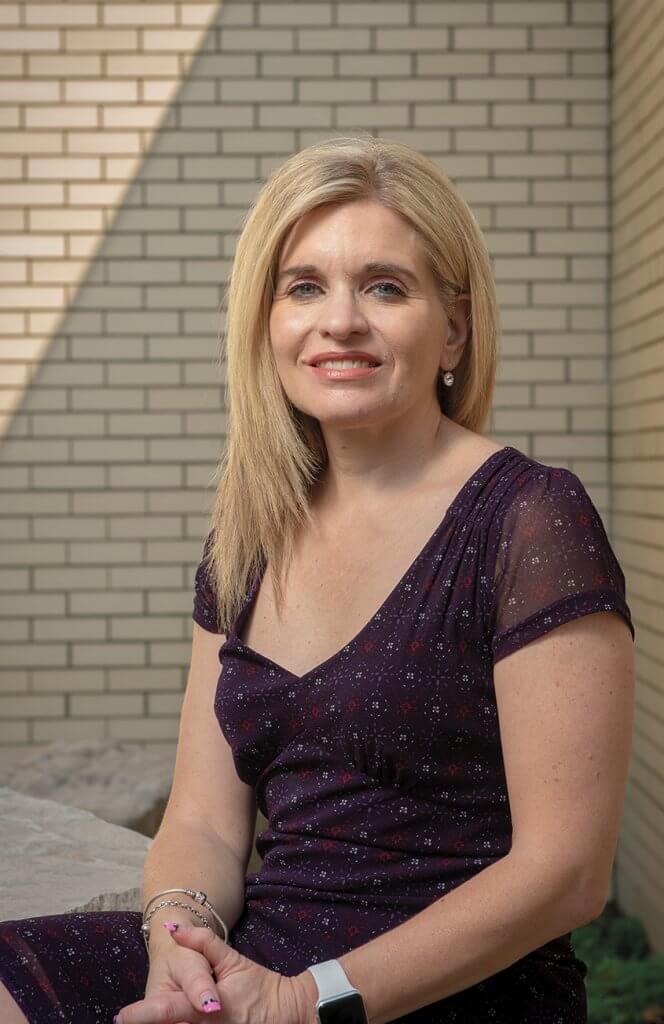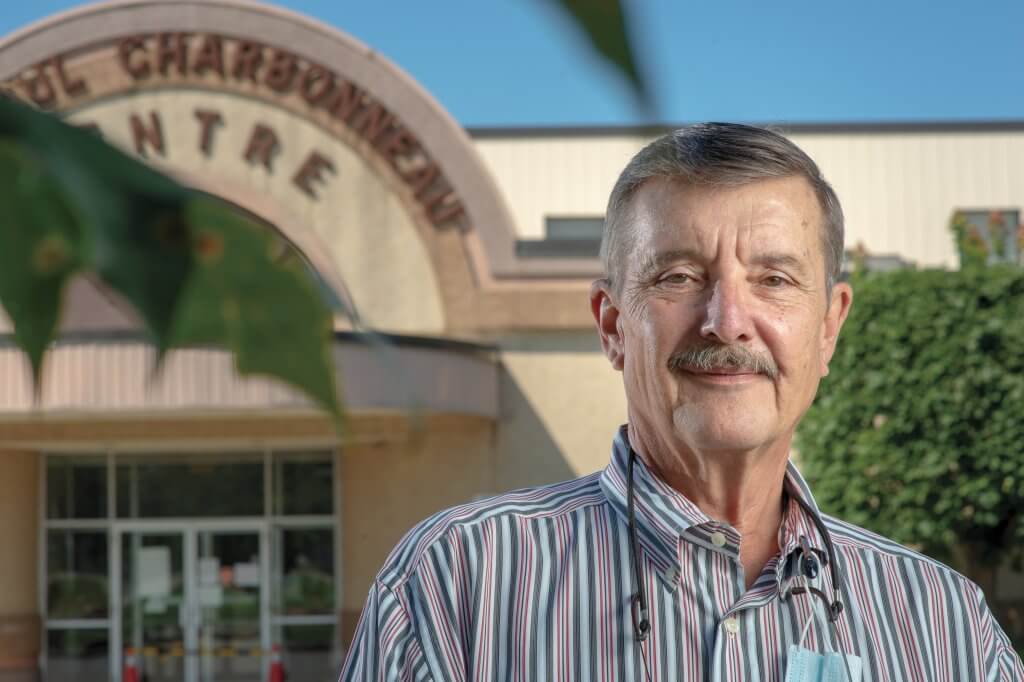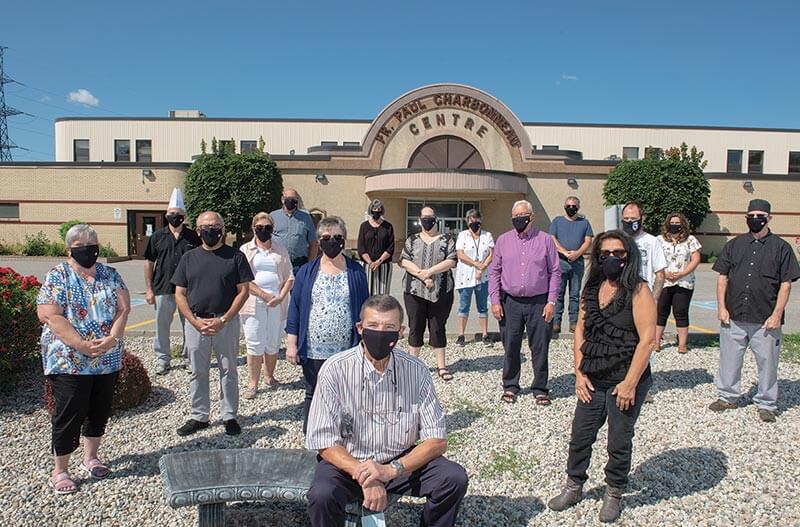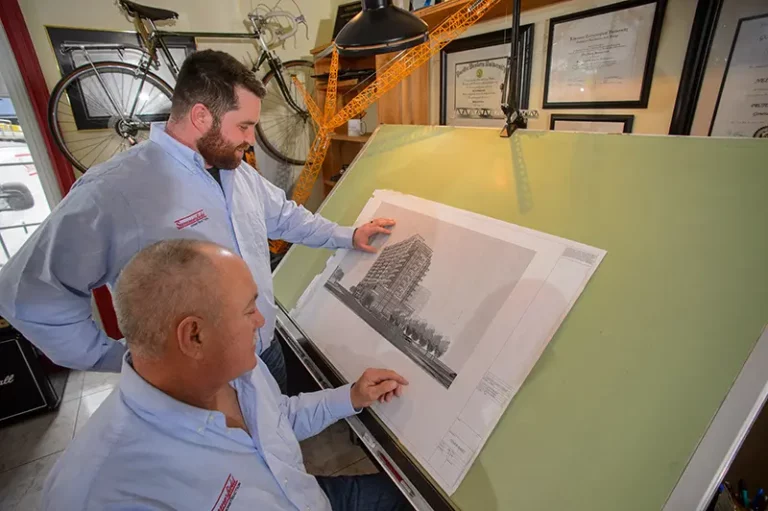When COVID-19 restrictions were implemented in Windsor-Essex in mid-March, life as we knew it ground to a halt. As the worldwide pandemic swept across North America, so too did worry, stress, and fear of the unknown.
For people already struggling with anxiety, depression, or substance abuse issues, lack of access to counselling and other mental health resources became a frightening possibility. How would their recovery be affected?
For those faced with a mental health crisis for the first time, the question became, “where do I turn if everything is closed?”
Thankfully, just as quickly as lockdown measures were put in place, local agencies began adapting the way they provided care, creating online resources, implementing safety protocols, and finding new ways to connect with people.
“From the outset, we’ve had to change our delivery models,” explains Kim Willis of the Canadian Mental Health Association Windsor-Essex County. “Our case workers now check in with clients over the phone or through other means of technology. As the province is loosening some restrictions, we’re starting to make arrangements and protocols for some in-person visits if needed. It’s always safety first.”

Through a donation from the Toldo Foundation, the CMHA was also able to quickly hire a Pandemic Response Therapist to assist anyone dealing with heightened anxiety, depression, or grief directly related to COVID-19.
“We are very grateful to them to allow us to introduce that service,” adds Willis.
At Brentwood Recovery Home, which deals with alcohol and substance abuse, addiction counselling and wellness programs continue on as they always have, but with advanced safety measures and screenings in place to ensure the well-being of both workers and residents.
“Clients entering our live-in addiction treatment program must now enter a 14-day, on-site quarantine before migrating into the regular group,” explains Brentwood’s Director of Development Mark Lennox. “During that time, they’re already starting the program and getting the resources they need.”

Mark Lennox 
From left to right, clockwise:
Charmaine Friesen, Leo Gascon, Marc Zakoor, Mary Cadieux, Paul Kristalovich, Joanne Synnott, Mark Lennox, Maril Reaume, Jennifer Bastien. Tracy Seguin, Wilf Gallant, Paul Guarasci, Piera Dufour, Derek O’Neil, Miranda Verellen and Rene Beaulieu
Like many other organizations, Brentwood has also gone virtual, hosting up to 50 online recovery support meetings per week. A small grant from Ontario Health has enabled them to install Wi-Fi and purchase tablets, allowing members to connect with counsellors, family, and their ‘Lived Experience’ fellowship who have graduated from the program.
Lennox credits his staff with making the transition to a ‘new normal’ seamless. “We have a very active Covid Action Team. We have our own medical department, which has been a huge advantage. Our counsellors and staff have really been our heroes; showing up every single day to help the people on program.”
For the Sexual Assault Crisis Centre, assisting clients remotely began by providing weekly wellness notes and practical solutions to help them manage day-to-day life during a pandemic.
“From the onset we looked at what was going to be most helpful for people,” says SACC Executive Director Lydia Fiorini. “We started with weekly messages to clients about how to stay well, resources on food security, what to do economically. Helping people manage in terms of their own mental health, as well as practical advice.”
In addition to talk therapy, which is now conducted by phone or on Zoom, SACC also converted essential aspects of their programs to online worksheets and videos.
They were even able to continue one of their most beneficial services—Neurofeedback, a treatment that “re-trains” a person’s response to trauma by remapping brainwaves through a series of computer game–based sessions.
Through funding, the centre was able to purchase several portable Neurofeedback units that clients can borrow and set up on their home computer.
“We do a Zoom session to help them hook up the program, and the staff monitor their progress online,” explains Fiorini.
Despite all the uncertainty over the past few months, COVID-19 has brought about some positive changes and created new avenues for people to seek care.
In partnership with Hôtel-Dieu Grace Healthcare, the CMHA has created a Mental Health Crisis Urgent Care Clinic, open five days a week and located at their head office at 1400 Windsor Avenue. What began as a three-month pilot program has now been extended an additional three months, with hopes of it becoming a permanent resource for those seeking access to counselling services.
“You’re able to get the services you need without the lengthy wait times,” explains Willis. “It’s been very successful.”
Both Brentwood and the Sexual Assault Crisis Centre are also hoping to keep components of their virtual resources going long after the pandemic is behind us.
“It can be far more convenient, especially for our younger members,” says Lennox. “It’s definitely something we’ll be looking at keeping.”
“The real challenge for every organization has been ‘how do you continue services in a way that can still be effective and meet the demand?’” notes Fiorini. “I feel like we’ve found a lot of new strategies that have been very helpful to people that will hopefully continue in the future.”
If you or someone you know is in need of mental health or addiction services, do not hesitate to contact one of the following agencies:
CMHA Windsor-Essex County—Mental Health and Addictions Urgent Care Centre
1400 Windsor Ave.
Windsor, ON N8X 3L9
Ph: (519) 255-7440
www.windsoressex.cmha.ca
Walk-In Service available: Mondays, Wednesdays & Fridays 11:30am to 7:30pm, Tuesdays & Fridays 8:30am to 4:30pm.
Hôtel-Dieu Grace Healthcare Community Crisis Centre
736-744 Ouellette Ave.
Windsor, ON N9A 1E1
24-hour Crisis Telephone Line: (519) 973-4435
www.hdgh.org/crisis
Walk-in service available seven days a week from 8 a.m. to 8 p.m.
Brentwood Recovery Home
2335 Dougall Ave.
Windsor, ON N8X 1S9
Ph: (519) 253-2441
www.brentwoodrecovery.com
Sexual Assault Crisis Centre of Essex County
1770 Langlois Ave.
Windsor, ON N8X 4M5
Ph: (519) 253-3100
www.saccwindsor.net


